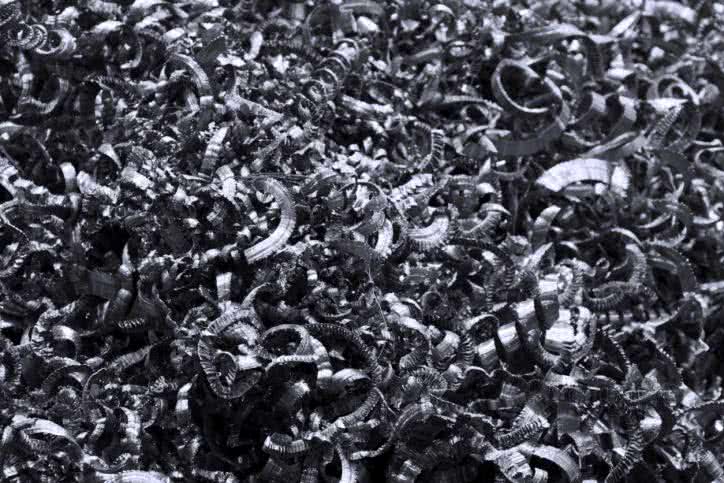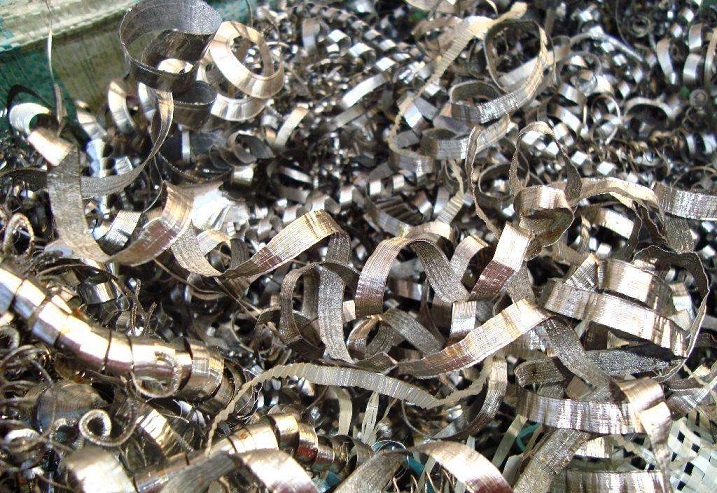Recovery of Titanium Metal Scrap

Recovery of Titanium Metal Scrap
With the fast development of science and technology, especially the development of aerospace and other industries, the increasing demand for titanium metal has greatly promoted the development of the titanium industry, but at the same time, a large amount of titanium metal scrap has also been produced. So in this article, let's take a look at the recovery of titanium metal scrap.

Titanium Metal Scrap
Due to the unique processing technology of titanium and titanium alloys, the rate of finished products of titanium materials is relatively low, generally around 50%. When finished parts are made, the rate of finished products is only 10% to 20%. Therefore, the recovery of titanium metal scrap has become the key to saving resources and reducing costs.
There are many sources of titanium scrap. For example, the titanium scrap produced during the production of sponge titanium, whose upper skin, bottom,and sides are contaminated by iron, chlorine, oxygen, nitrogen, and other impurities that do not meet product quality standards, must be disposed of and recycled. In addition, there are also titanium scrap produced during the process of titanium ingot casting, and titanium scrap produced by processing titanium material into titanium products, which are all important sources.
Due to a large amount of titanium scrap, comprehensive utilization is promising. To this end, many scrap metal recycling companies have been established to specialize in the recycling of scrap titanium and other metals. After decades, they have achieved considerable development and the recycling technology and process are relatively mature.
How to Recycle Titanium Metal Scrap?
1. For the uncontaminated titanium scrap, if the quantity is large and the quality is good, it can be used as an additive for smelting titanium ingots, or mixed with sponge titanium and extruded into titanium blocks.
2. Regarding the lumps of waste titanium sponge, waste titanium heads, and waste titanium scraps, depending on their purity and composition, they can be used as alloy additives in the ferrotitanium industry or raw materials for titanium powder.
3. Waste titanium powder can be used as deflagration agents in the pyrotechnic industry, as well as additives in the aluminum processing industry and raw materials for powder metallurgy titanium products.
4. Titanium scraps with many impurities can be processed into high-titanium iron.
Conclusion
Thank you for reading our article and we hope you've enjoyed it. If you want to know more about titanium and titanium alloys, we would like to advise you to visit Advanced Refractory Metals (ARM) for more information.
Headquartered in Lake Forest, California, USA, Advanced Refractory Metals (ARM) is a leading manufacturer & supplier of refractory metals across the world, providing customers with high-quality refractory metals & alloys such as titanium, titanium alloys, tungsten, molybdenum, tantalum, rhenium, and zirconium at a very competitive price.
{{item.content}}
LEVE A REPLY
{{item.children[0].content}}
{{item.content}}






